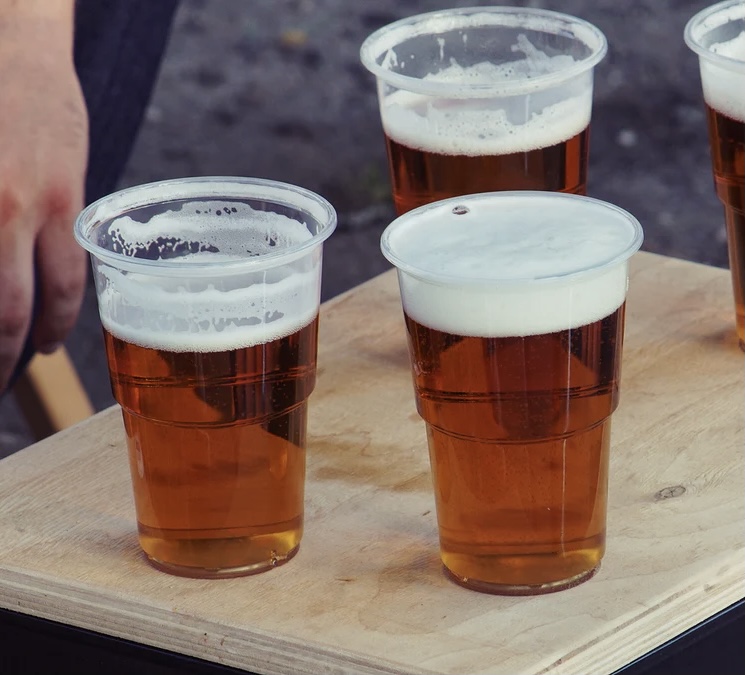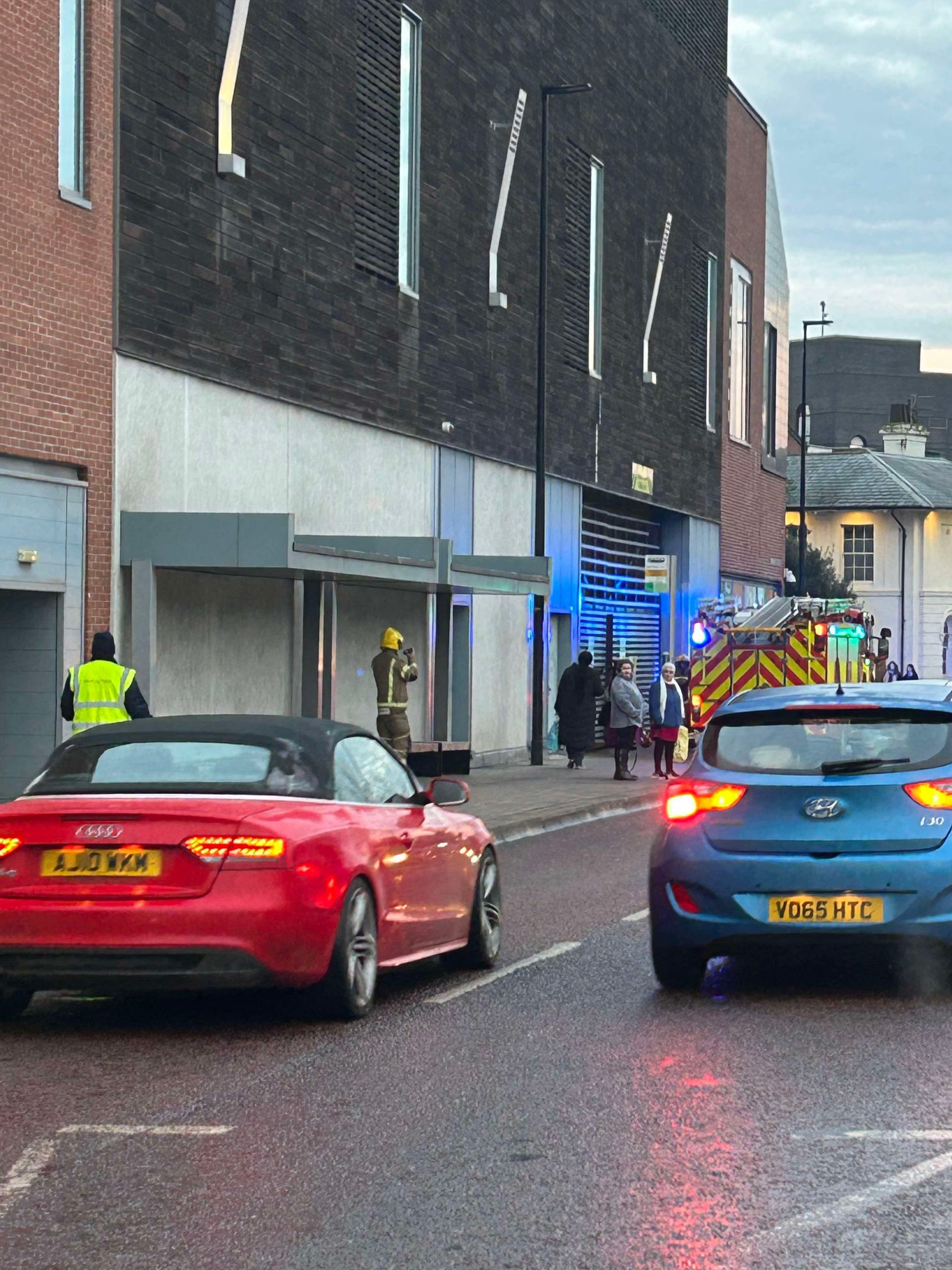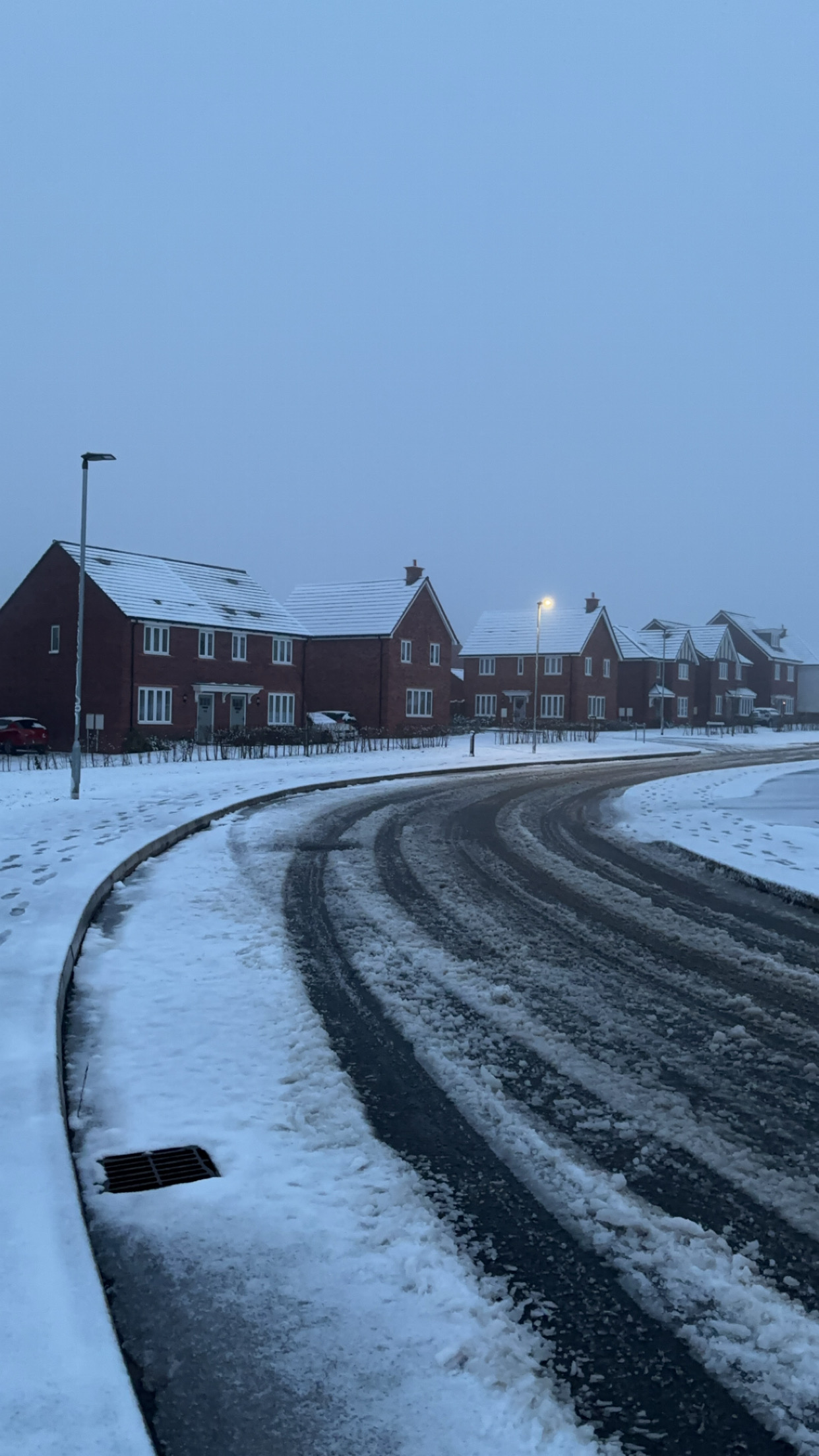Prison leavers will be ordered to wear a sobriety tag, which monitors alcohol levels in sweat, if their probation officer thinks they could reoffend when drinking. This will help probation officers keep a closer eye on offenders’ behaviour and support them to turn their backs on crime.
Alcohol is believed to play a part in 39 percent of violent crime in the UK and roughly 20 percent of offenders supervised by the Probation Service are identified as having drinking issues. The tags also give offenders the incentive to break bad habits as breaching the alcohol restrictions could see them back in prison.
Today’s launch follows the rollout of the scheme in Wales last year. Figures show that offenders on a tag have stuck to their alcohol restrictions on 97 percent of time, helping to cut crime and protecting the public.
Deputy Prime Minister, Justice Secretary and Lord Chancellor, Dominic Raab MP said:
We’ve seen that alcohol tags work – with tagged offenders complying 97 percent of the time.
That’s why we’re going to double the number wearing them from 900 to 1,900 over the next two years, focusing on those leaving prison on licence.
This is a big step forward using the latest technology to cut the link between alcohol abuse and the crime – and make our streets safer.
Since offenders were first tagged in 2020, they have been used on over 3,600 criminals in total. The latest statistics showed that 900 offenders were wearing the tag on March 31st, and following today’s rollout, that number is expected to double by 2024.
Arthur, a 37-year-old from Swansea, turned his chaotic life around after being ordered to wear an alcohol tag as part of a community sentence for malicious communication in January 2021.
Arthur said:
Being sober for 6 months helped me keep all my emotions in check. I thought clearly, it was one of the best things that ever happened to me.
The tag helped me realise that tomorrow would always be worse if I drank today with emotions running high.
Probation Minister Kit Malthouse said:
When I first brought alcohol tags to the UK over a decade ago, I knew that given the chance, they could have a huge impact on crime. The great results we have seen so far, and now the expansion announced this week, mean that the use of tagging technology is firmly embedded as a critical tool for offender managers, proving a huge incentive for offenders to change.
The move is part of the government’s plan to cut crime, expanding the use of innovative technology like tags to protect the public and drive down reoffending.
In efforts cut reoeffending, last year, the government also launched a world-first, using GPS tags to track robbers, thieves and burglars.
In total, an extra £183 million will be invested in electronic monitoring by 2025 to almost double the number of people tagged at any one time to approximately 25,000.
Contains public sector information licensed under the Open Government Licence v3.0.




